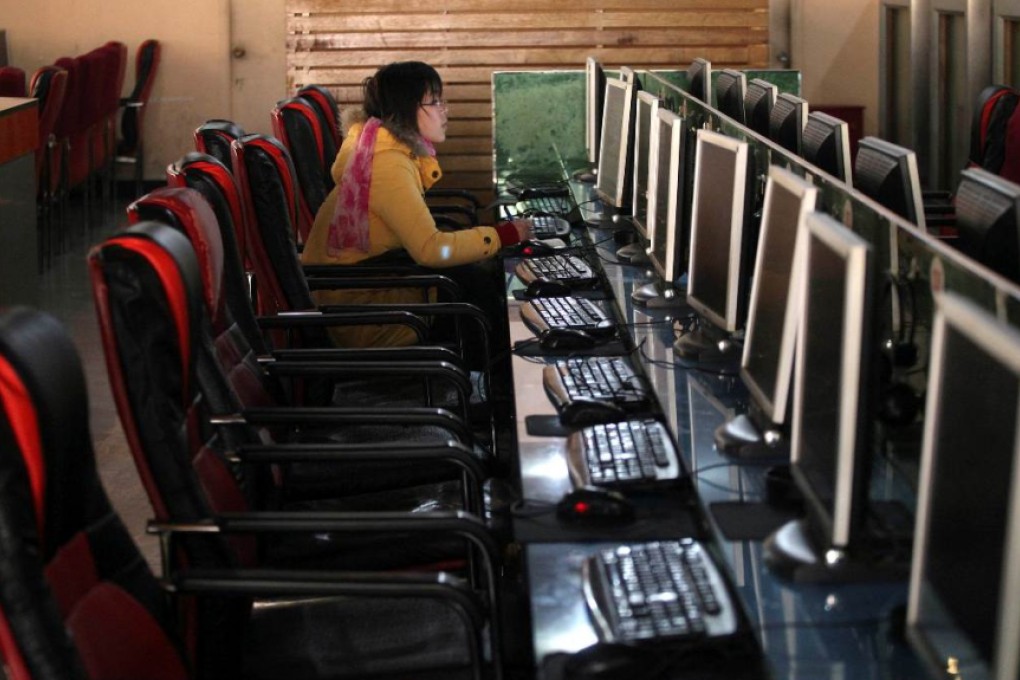Surge in web posts taken down by Hong Kong police sparks censorship fears
Force insists content is criminal but activists say they are targeting online political organising as rise coincided with Occupy

A dramatic surge in the number of online posts destroyed by the Hong Kong police in recent months has fuelled fears of internet censorship and abuse of power.
Figures released last week showed that the force "requested" the removal of more online content in the past four months than in the previous four years combined.
The surge in figures coincided with the student-led Occupy Central movement, which typically used social media and online forums to organise events and demonstrations.
The police said the information requested for removal since October mainly involved "obscene articles, phishing websites and accessing a computer with criminal/dishonest intent". They did not say how many requests were made for each offence.
The latter of these offences has been the subject of controversy due to its recent application to online discussion boards - and not just their use by fraudsters or other cybercriminals.